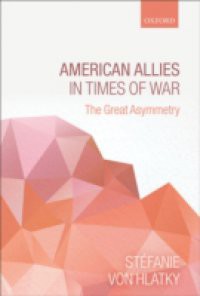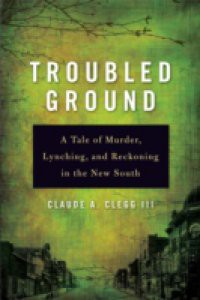This ethnography, based on a five-year field study, presents a holistic view of a nearly invisible ethnic minority in the urban Midwest, Cambodian refugees. Hopkins begins with a brief look at Cambodian history and the reign which led these farmers to flee their homeland, and then presents an intimate portrait of ordinary family life and also of Buddhist ceremonial life. The book details their struggles to adjust in the face of the many barriers presented by American urban life, such as poverty, dangerous neighborhoods, and unemployment, and also by the conflict between their particular needs and American institutions such as schools, health care, law, and even the agencies intended to help them.





















